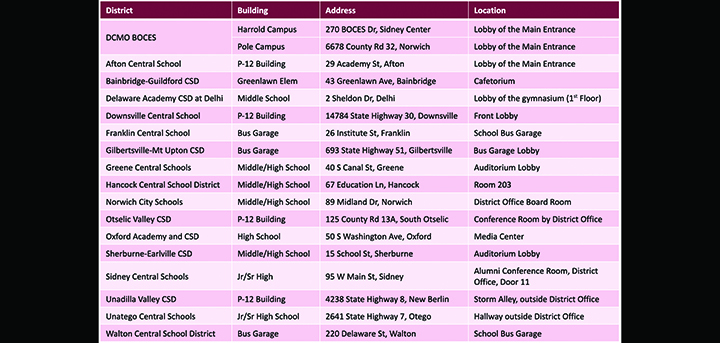City passes changes to existing ordinances, continues to work on proposed nuisance property ordinance
NORWICH – The City of Norwich Common Council voted Tuesday to make a change to existing nuisance ordinances to increase the possible amount of fines.
Areas of codes impacted by the change include Animals § 153-2 Penalties for offenses; Brush, grass, weeds § 172-8 Criminal proceedings; Buildings, Unsafe § 178-3 Procedures to compel repair or removal; Housing Standard § 310-17 Penalties for offenses; Property Maintenance § 409-12 Penalties for offenses; and Camping § 421-4 Penalties for offenses.
Fines now range from a minimum of $50 to a maximum of $1,000, $2,000, or $5,000, depending on the code, as well as the possibility of jail time up to 364 days. The changes to the existing code can be found at ecode360.com/NO0235/document/753018427.pdf
While all council members expressed support of the changes, Aldermen David Zieno and Fred Gee opted to vote against the changes.
"I voted no because it just came out," said Zieno, referring to the ordinance revisions being first proposed at the joint committees meeting on February 6. "It hadn’t gone through any committees or anything. It was something different than what was proposed, and I really wanted to be able to see if the public had comments about those things. And that’s the only reason that I voted no."
"I am in favor of increasing fines," he added. "I’m not so sure about the year in prison; that one I wanted to hear from the public about."







Comments